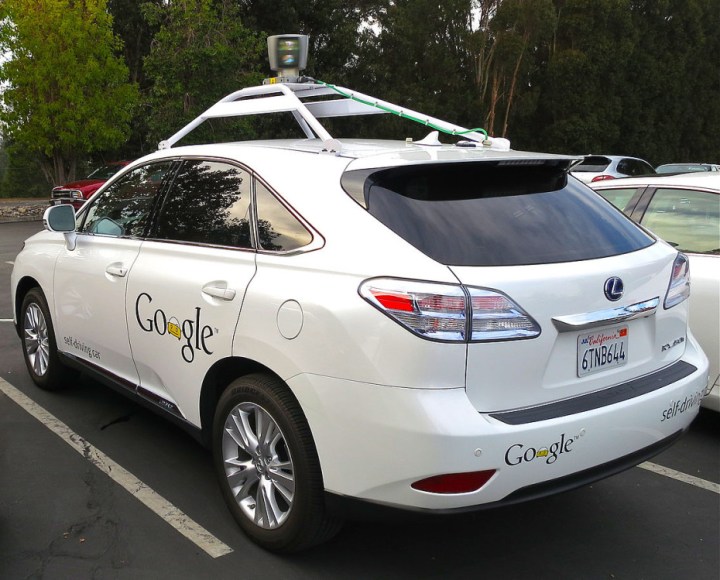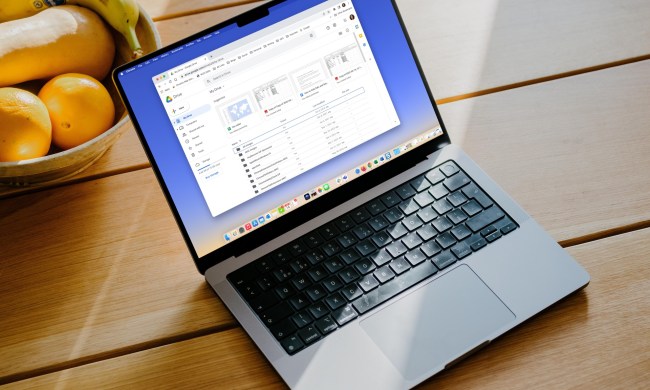
So in total, while you might have guessed at least a couple hundred cars were roaming around the nation, as of May 31 there were 58 vehicles in Google’s Self-Driving Car testing. Of those, 24 are Lexus RX450h SUVs and 34 are those cute little white prototype vehicles you see in most of the photos. The report doesn’t say exactly how many of each vehicle type are in the four current testing locations. We know, however, that at least some of the RX450h’s are in Phoenix because when the notice went out in May about Google hiring drivers for the Self-Driving project, the job listings were for the Phoenix area.
The four cities where Google’s self-driving project is testing cars are Austin, Texas; Kirkland, Washington; Mountain View, California, and Phoenix. Detroit will be added to the list soon when Google opens its new project center in the Motor City. That will be where at least some of the 100 Pacificas Google is getting from Fiat Chrysler Automotive will be tested.
The cars in Google’s project always have someone behind the wheel just in case. According to the job description for the Phoenix area, there’s a driver at the wheel and a second person in the front passenger seat monitoring and entering data in a computer. Since 2009, when the testing began, the various Google self-driving cars have racked up 1,644,154 miles in total autonomous mode controlled by software and 1,120,512 miles in manual mode when the drivers have full control.
Currently, the Google cars are putting on 10-15,000 miles a week, or an average of 172 to 258 miles per car, assuming they’re traveling roughly equal distances. It’s a fair bet that in monthly reports later this year those numbers will rise dramatically.



